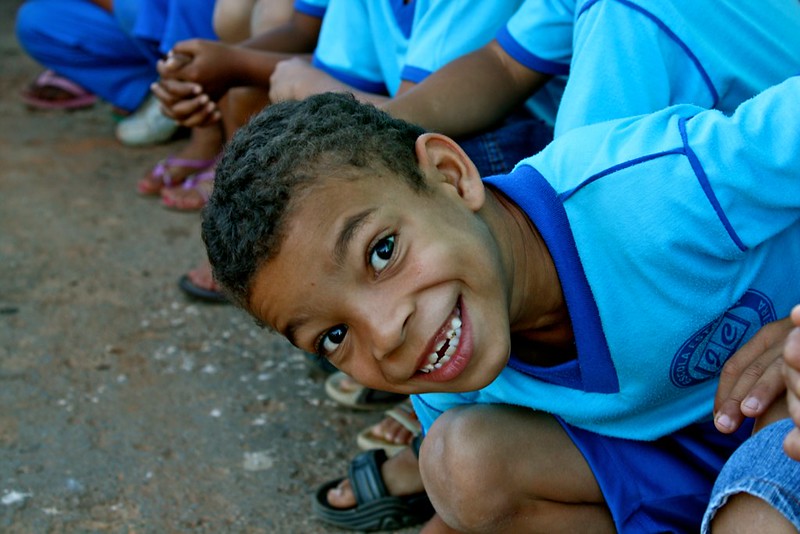 Brazil, South America’s largest country with a population of 216.4 million, shows mixed results in education. Student performance declined in the latest Programme for International Student Assessment (PISA), conducted by the Organization for Economic Cooperation and Development (OECD). Despite this, illiteracy rates dropped from 6.1% in 2019 to 5.6% in 2022, indicating some improvement in basic education. The country is experiencing increased outbound student mobility, driven by rising tertiary enrollments. Projections suggest Brazil will rank among the top five nations globally for total tertiary enrollments by 2035 despite an aging population. To address these ongoing challenges, the OECD and other organizations are collaborating to enhance Brazil’s education system.
Brazil, South America’s largest country with a population of 216.4 million, shows mixed results in education. Student performance declined in the latest Programme for International Student Assessment (PISA), conducted by the Organization for Economic Cooperation and Development (OECD). Despite this, illiteracy rates dropped from 6.1% in 2019 to 5.6% in 2022, indicating some improvement in basic education. The country is experiencing increased outbound student mobility, driven by rising tertiary enrollments. Projections suggest Brazil will rank among the top five nations globally for total tertiary enrollments by 2035 despite an aging population. To address these ongoing challenges, the OECD and other organizations are collaborating to enhance Brazil’s education system.
Brazil’s Education System and Socioeconomic Progress
Education in Brazil is a guaranteed social right under the Federal Constitution, providing free public access at all levels. The education system is divided into basic and higher education. Basic education encompasses early childhood, primary and lower secondary and upper secondary education. Compulsory education begins at age 4 with pre-school and continues for 14 years through the end of upper secondary education. Historically, Brazil’s economic growth has benefited from favorable demographics and robust commodity prices. This growth, coupled with specific policies, has significantly improved living standards. Between 2003 and 2014, these efforts lifted more than 29 million people out of poverty, reduced child mortality by 73% from 1990 to 2011 and broadened access to basic education.
OECD’s 5 Steps to Strengthen Brazil’s Education System
- Impact of COVID-19 on Brazil’s Educational Funding. COVID-19 significantly affected Brazil’s economy, resulting in reduced education spending. The OECD criticizes the rigidity of this funding, which merely satisfies spending requirements without addressing effectiveness. The organization recommends a more flexible, outcome-focused approach to funding. According to the OECD, increased investment in education would substantially improve the quality of education that students receive.
- Enhancing the Teaching Profession in Brazil. To enhance Brazil’s education system, the OECD recommends upgrading the teaching profession. This upgrade should include better salaries, career progression and working conditions for teachers. The organization also suggests that new teachers pass a licensing test and receive induction support during their early years to ensure they have adequate training.
- Improving Teacher Effectiveness and Student Outcomes. Boosting student outcomes involves enhancing teachers’ effectiveness in the classroom. This could include proper teacher training and skill improvements in areas such as classroom management. Providing incentives, such as promotions and performance-based payments, can also motivate teachers.
- Creating a Positive School Environment. There is a need for improvement in handling bullying and harassment on school grounds, with appropriate punishments for offenders. Schools should strive to create a positive environment for both students and teachers to improve well-being and learning outcomes, reducing the risk of dropouts.
- Supporting Disadvantaged Students and Preventing Dropouts. Disadvantaged students should receive continuous support from early childhood education until they complete their education. To address dropouts, teachers should focus on supporting the weakest and least motivated students, possibly through individual teaching and tutoring. Students at risk should also receive additional funding and support to remain in education.
Looking Ahead
Brazil’s commitment to advancing its education system reflects the country’s efforts to prepare for future socioeconomic challenges. Prioritizing innovation, equity and effective resource allocation can potentially address long-standing disparities in education. By fostering collaborative partnerships and emphasizing strategic improvements in education, Brazil aims to create opportunities for all students, supporting both national development and individual growth.
– Indira Smith
Indira is based in Manchester and focuses on Global Health for The Borgen Project.
Photo: Flickr
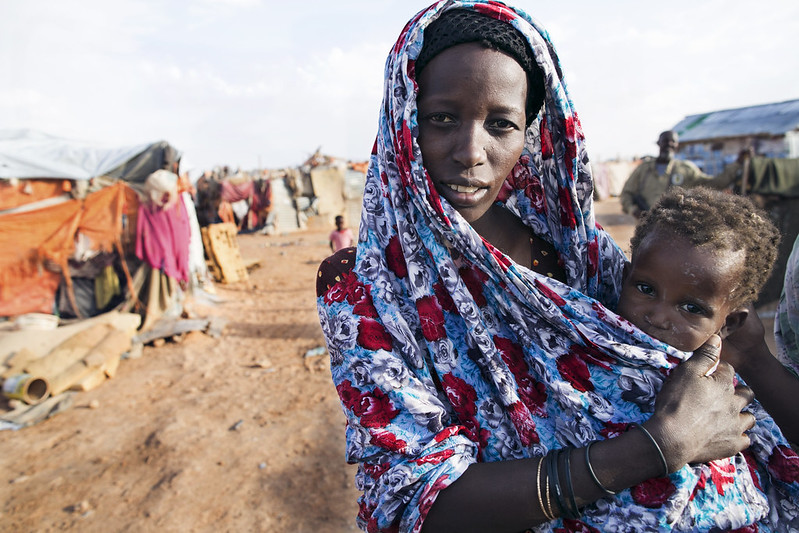
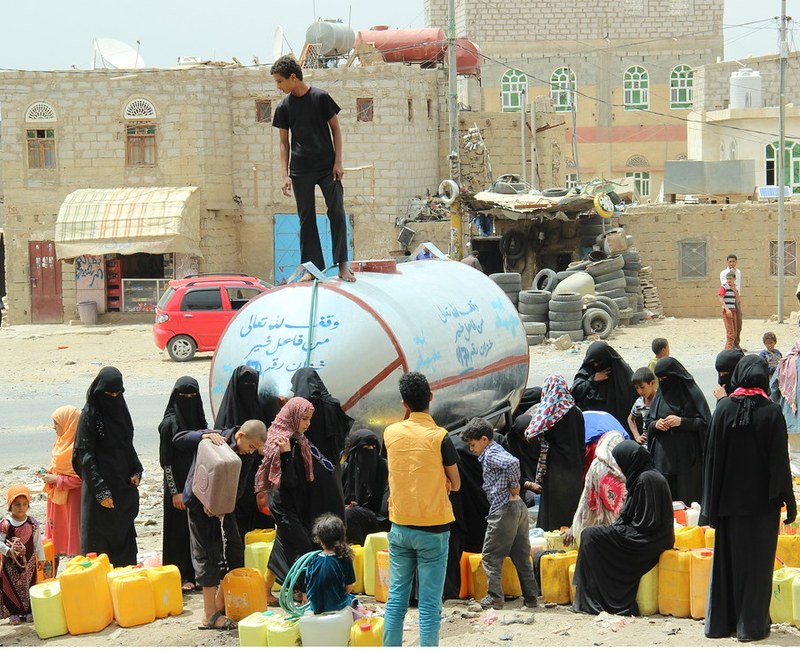 Yemen, strategically located on the Southern Arab peninsula, has a rich history shaped by thousands of years of societal and dynastic changes, resulting in a diverse society. However,
Yemen, strategically located on the Southern Arab peninsula, has a rich history shaped by thousands of years of societal and dynastic changes, resulting in a diverse society. However, 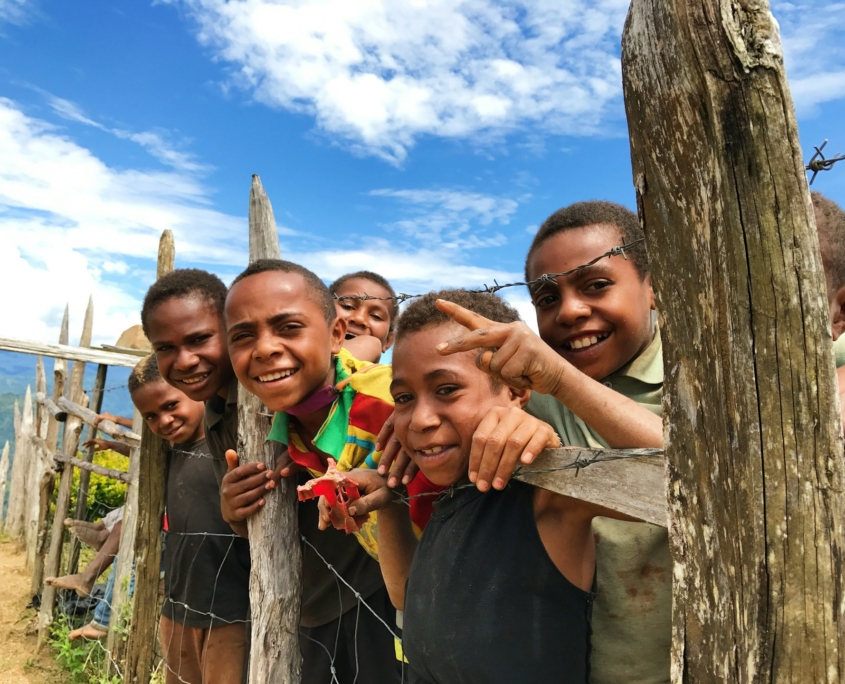
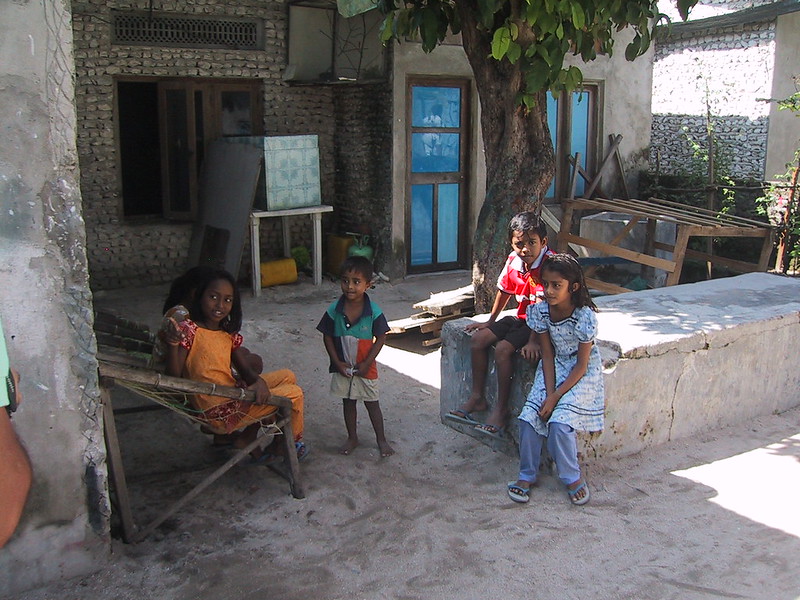 In Maldives,
In Maldives, 